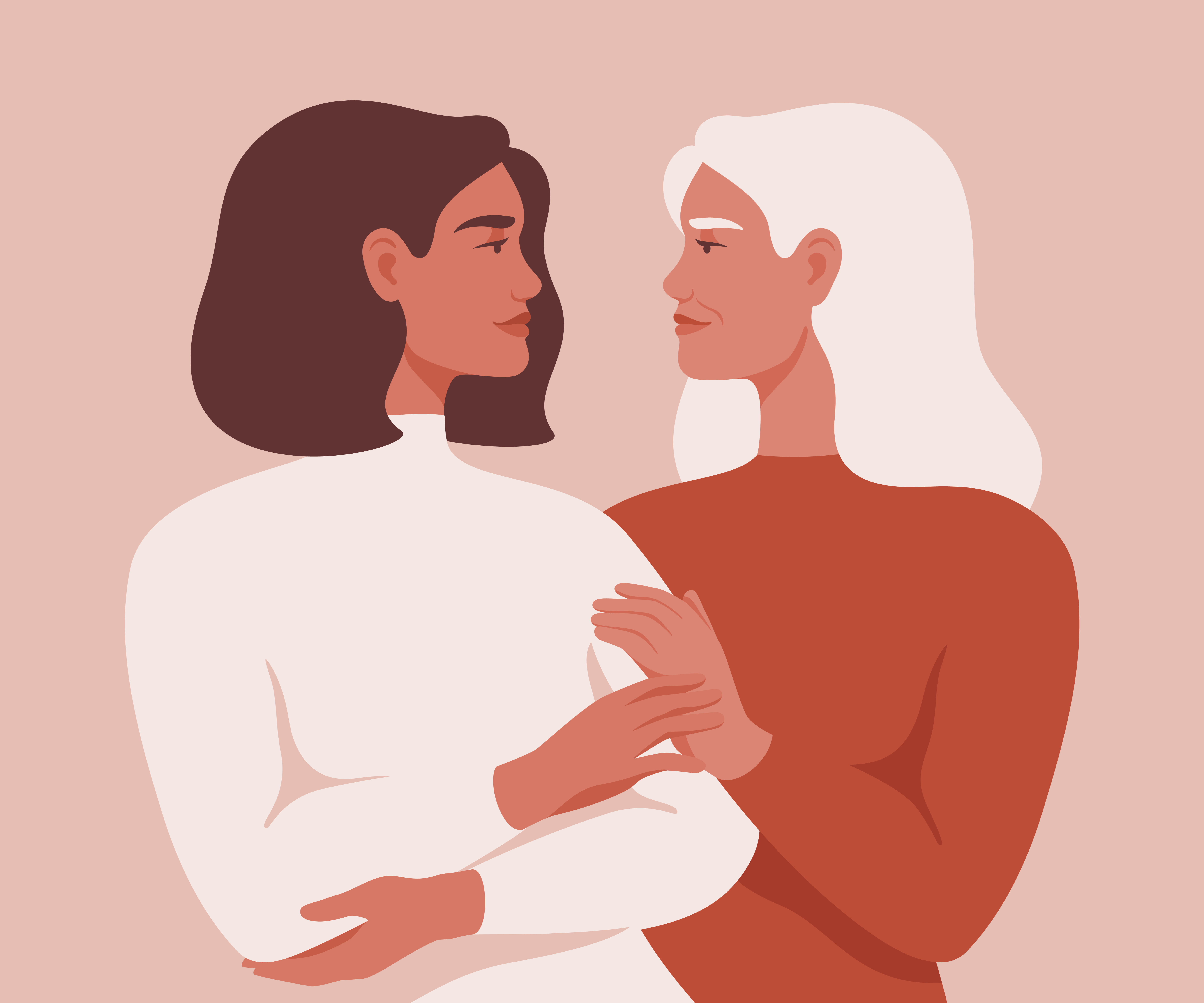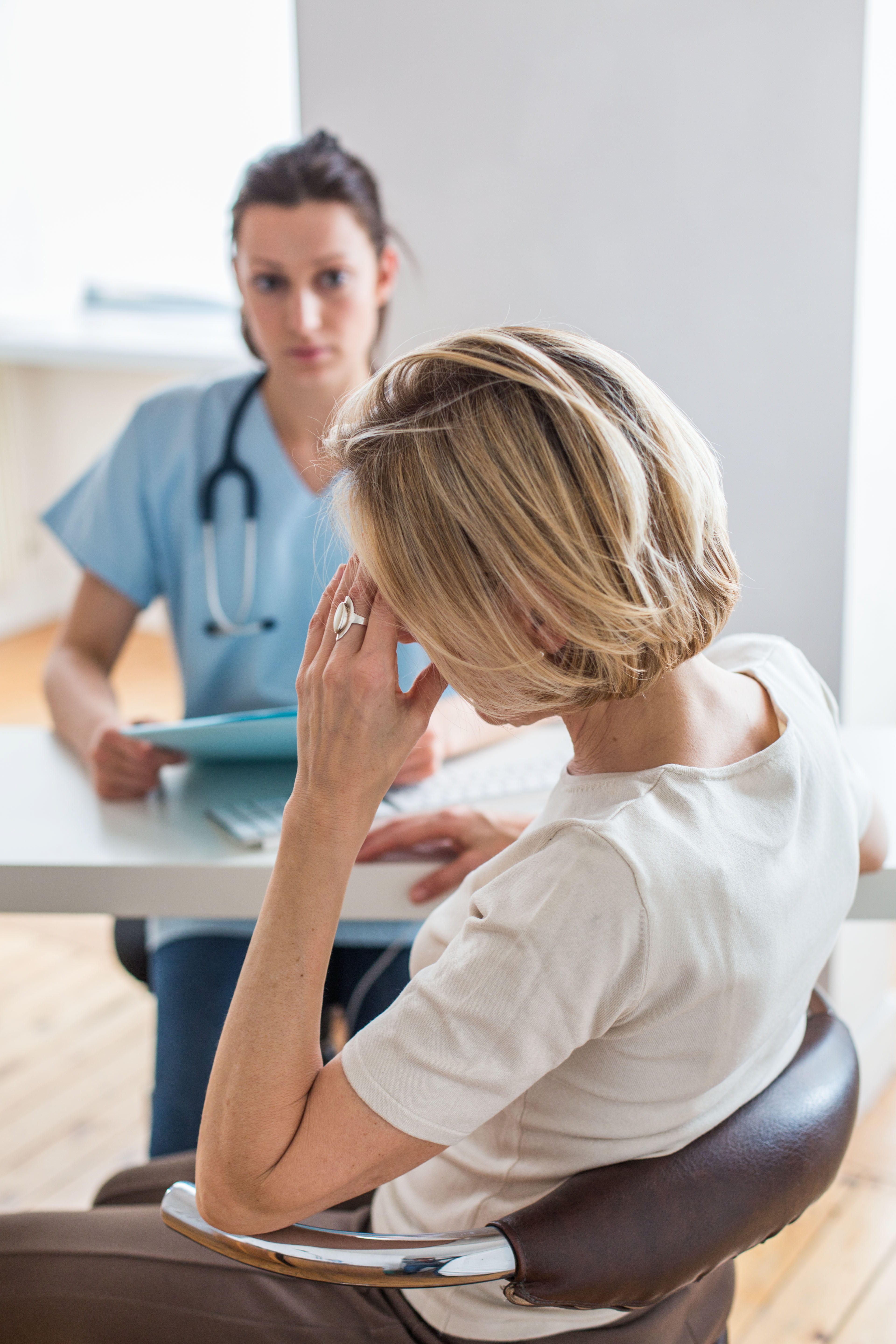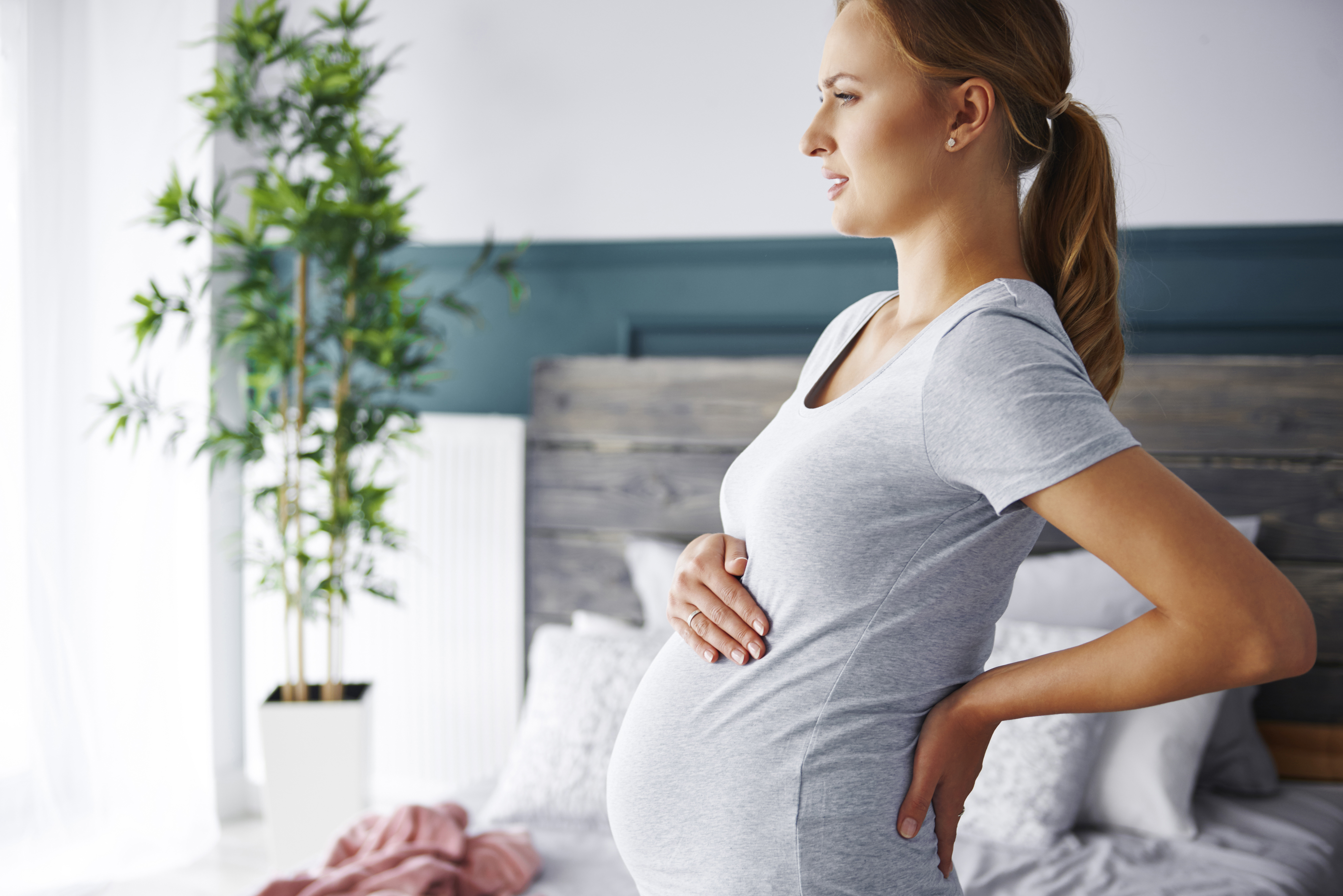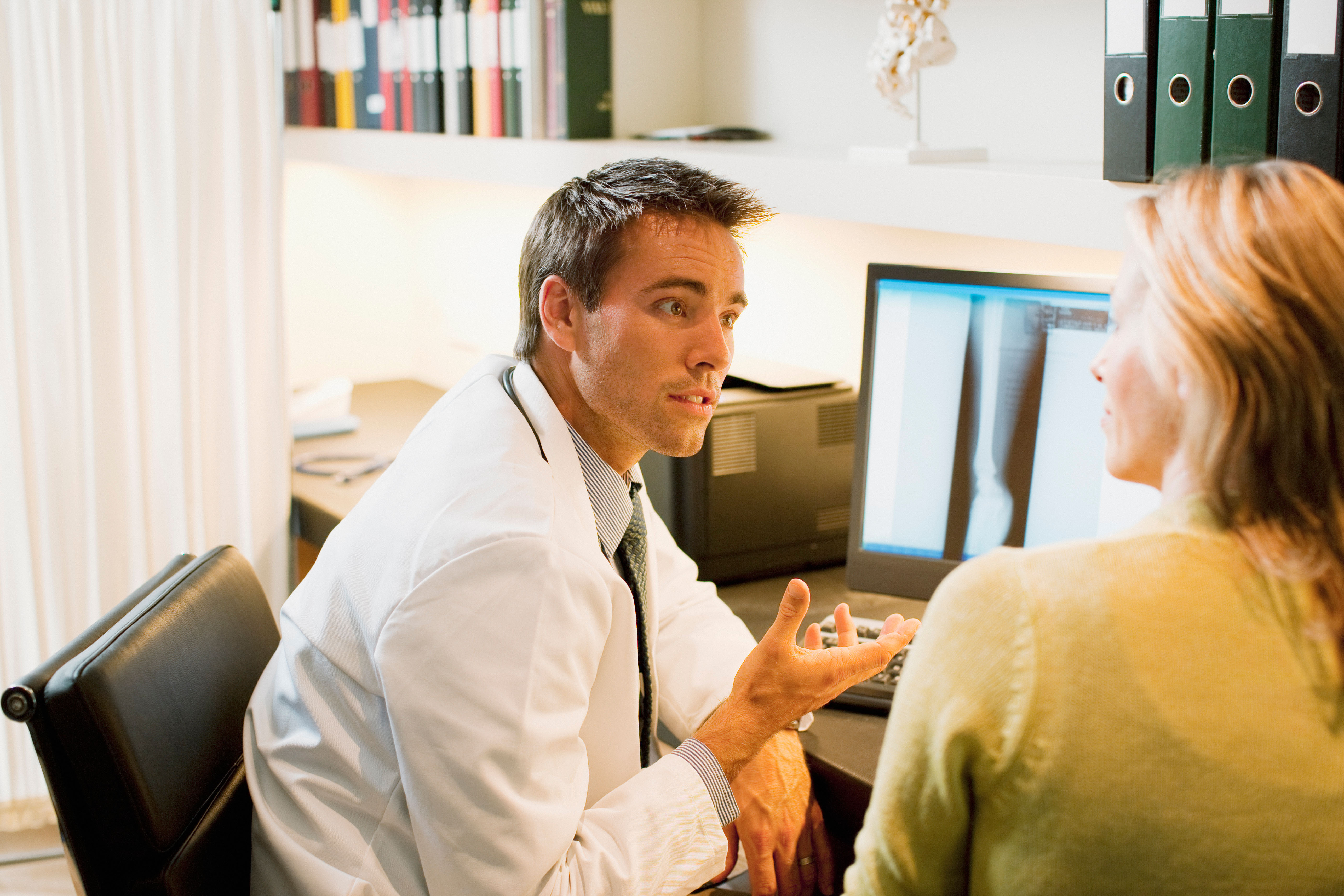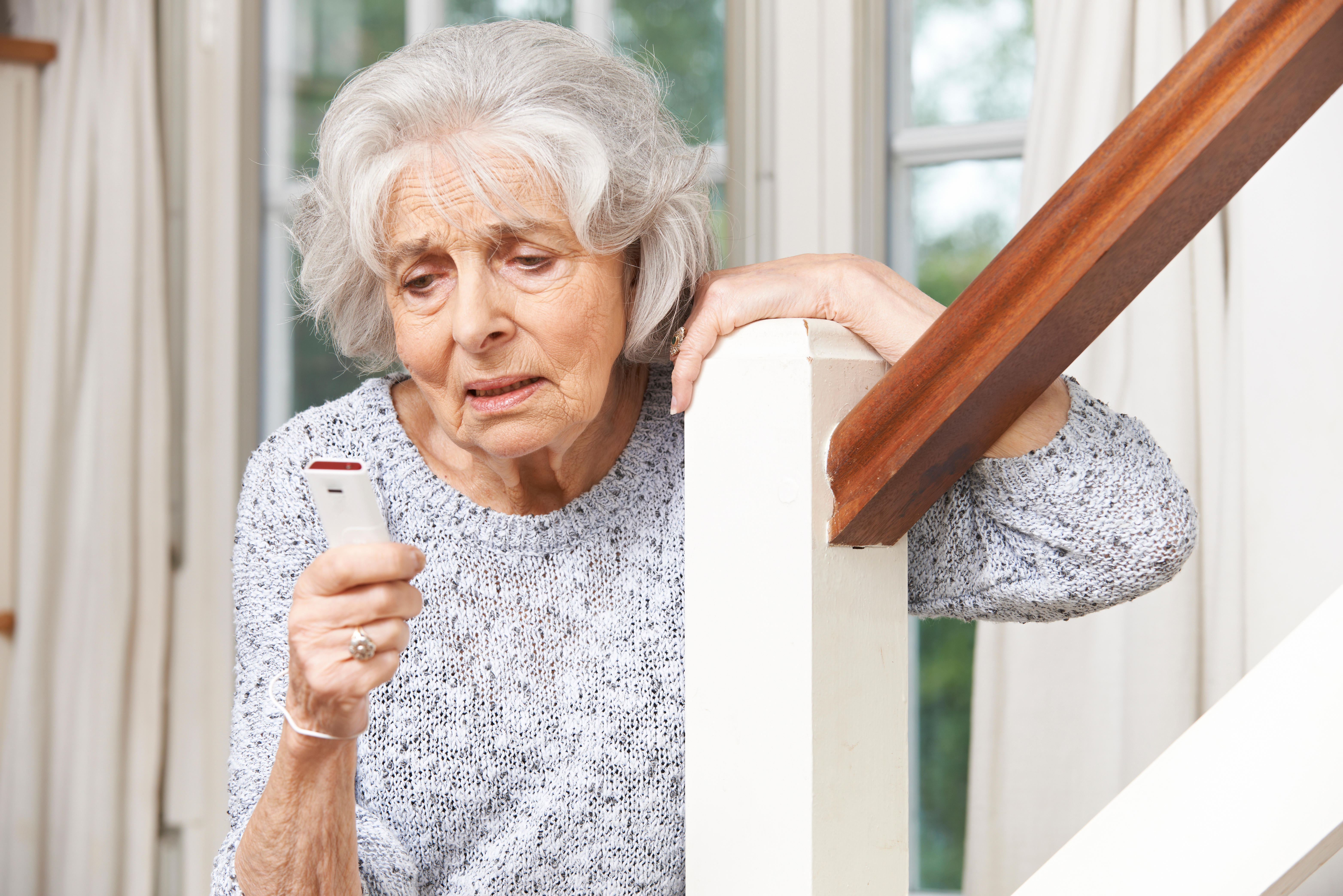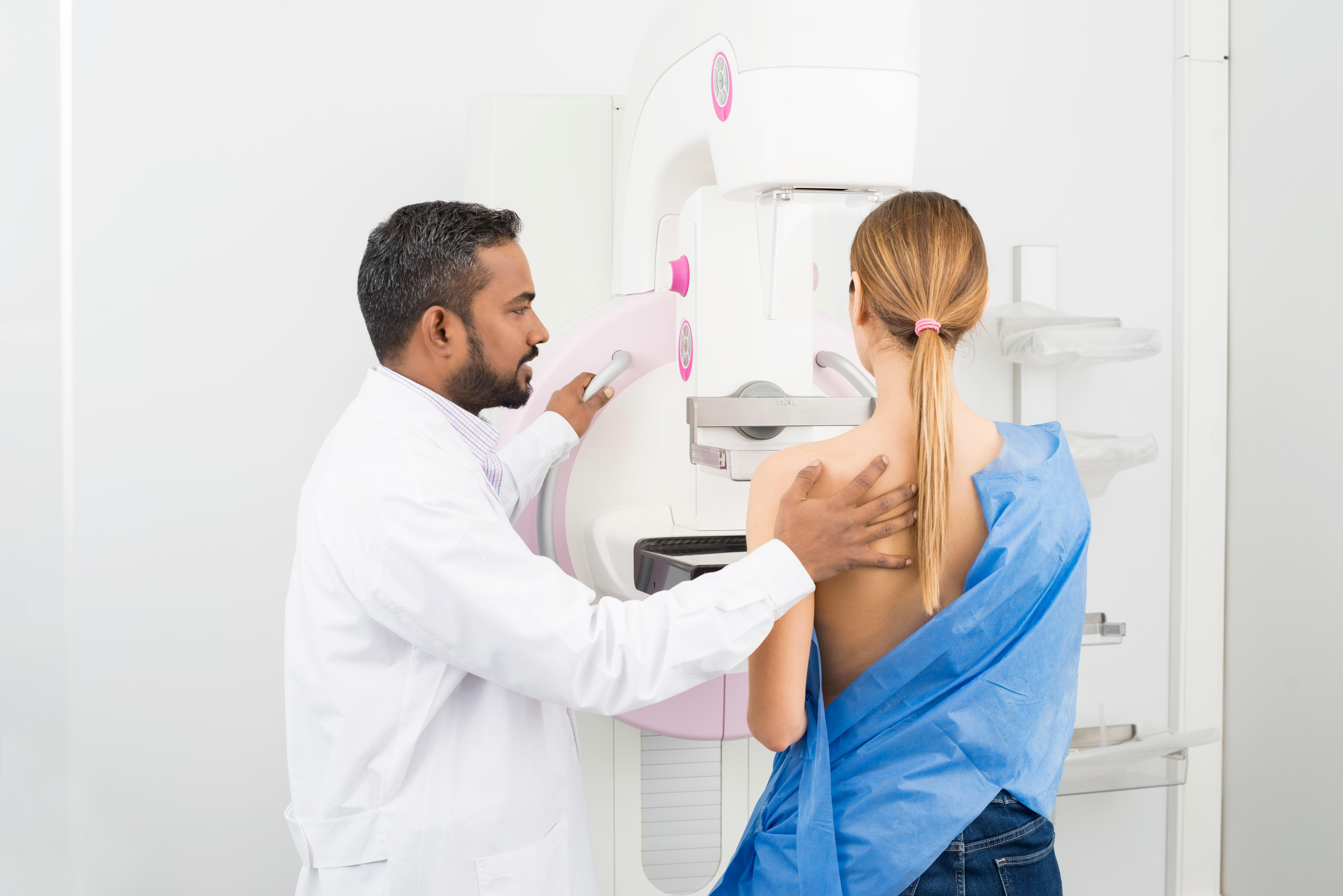
Eight potentially life-saving questions you should ask your mum this Mother’s Day – from menopause to childbirth
From the age she started the menopause to whether her own mother had a hunched back, the clues to your future health may well lie in your mama’s past.
There are so many characteristics we inherit from our parents, from curly hair and the colour of our eyes to how curvy our bum is, and it’s also true of our health – heart conditions, short-sightedness and hair loss can all run in families.
So knowing your mum’s medical history could help you take control of your own health – and reduce the risk of certain conditions in later life.
Here, with the help of the experts, we have come up with eight potentially life-saving questions to ask your mum this Mother’s Day.
What age did you go through the menopause?
You can expect to reach menopause around the same age as your mother.
“If she started having symptoms in her 40s, it’s likely to be the same for you,” explains midwife and fertility expert Zita West.
“If you want children, you should think about this when you are planning your family, as you may need to start earlier.
Symptoms such as hot flushes and night sweats can also run in families.
Eating a diet rich in omega-3 oils, keeping vitamin D levels up and avoiding excess alcohol can all help ease symptoms.
Did you have problems in pregnancy or childbirth?
Conditions such as pre-eclampsia can be hereditary.
“This develops later in pregnancy and is when you get high blood pressure, swelling and the presence of protein in your urine,” Zita explains.
“There is a genetic link and you are more likely to suffer if your mum had it, too.
It’s worth flagging it with your midwife at your booking appointment, as it can be life-threatening for mother and baby.”
Have you ever had a mole removed?
“If your mum or another close relative had a mole investigated and it turned out to be cancerous, you too have a higher risk of melanoma,” says consultant dermatologist Dr Anton Alexandroff.
“This is the most serious type of skin cancer and kills around 2,300 people in the UK every year.
"A family history of cancerous moles means you should be even stricter with sun protection and take time to examine your skin every month.”
Dr Alexandroff says you should wear SPF30 or above in the summer, avoid midday sun and wear protective clothing such as long-sleeved tops and broad-brimmed hats where possible.
“Having a lot of moles also tends to run in families,” he adds. “If you have more than 100, this is also a risk factor – a quick way to check is to see if you have more than 11 on one arm.
"If a mole changes, looks irregular in shape or colour, or bleeds, it needs to be checked by a health professional.”
Has a family member died suddenly?
Sudden death in people under the age of 60 can be caused by inherited, undiagnosed heart conditions.
If your mum knows this has happened to someone in your family, talk to your GP.
“Anyone with an immediate family member who died suddenly in young age should have a basic heart test called an echocardiogram,” says cardiologist Dr Aseem Malhotra.
“This is an ultrasound of the heart to rule out any genetic structural abnormality that could increase your own chances of dying prematurely.”
The closer the relative is to you – an aunt or uncle, say – the higher your risk.
Did granny hunch over?
If your gran had a “dowager’s hump” or your mum’s ever broken a hip, you could be at risk of osteoporosis, a condition where bones lose strength and break more easily.
“It’s not a genetic condition where a gene is passed through generations, but it does follow family lines, as genes can determine the size and strength of your skeleton” says Julia Thomson, an osteoporosis specialist nurse at the Royal Osteoporosis Society.
“Evidence suggests that if your mum breaks a hip, you are more likely to do the same. A hunched spine could also occur due to compression fractures caused by osteoporosis. These can happen spontaneously and are not always caused by a fall.”
Julia says it’s important for mums and daughters to discuss bone health.
“Armed with information, there is a lot you can do to reduce risk. A calcium-rich diet (think leafy greens, milk, cheese and dairy) is a great way to ensure healthy bones. Keeping active is vital because bones don’t like to be rested, as is vitamin D.”
You should be able to get enough of this vitamin from sunlight between March and September, but in winter, eat more oily fish, red meat and egg yolks, or consider a supplement.
“If you have a family history of osteoporosis, it can be useful to speak to your GP once you reach menopausal age to discuss your risk.”
Have any of our relatives experienced mental illness?
Certain conditions, such as bipolar disorder or postpartum psychosis, may run in families.
“It’s important to know what your mum might have suffered, and what they called it at the time,” explains psychologist Jo Hemmings.
“She may have had what she calls ‘the baby blues’, but it could have actually been postnatal depression.”
During the first week after childbirth, many women experience a low mood or feel mildly depressed, but this usually only lasts a few days.
Postnatal depression usually occurs two to eight weeks after birth, but it can last up to a year.
Symptoms include loss of interest in the baby, anxiety, constant crying and feelings of not being able to cope.
“Don’t get anxious that you’re at risk of mental ill-health if your mum tells you she was ‘depressed’ in the past: back in the day, it was a catchphrase for anything from mild anxiety to seasonal affective disorder
But being aware and knowing the signs could ensure you seek help sooner – and the sooner you get help, the better.”
Has anyone in our immediate family had breast cancer?
“Around 5-10% of people have an increased risk of breast cancer due to an inherited faulty BRCA gene, so it’s important to talk to your mum about family history,” says Louise Grimsdell, clinical nurse specialist at Breast Cancer Now.
“If you discover you have close relatives who have been diagnosed with breast cancer, especially if they were diagnosed under 40, speak to your GP
They will follow guidance to decide if you need to be referred for further assessment of your risk.”
Did I have all my vaccines as a kid?
Knowing which jabs you had as a child can have implications for your health now.
If your mum can’t remember, ask if she has a copy of your childhood medical records.
Most read in Fabulous
“This is a hugely important question to ask your mum, as if you missed any vaccinations you may not be immune to all the infections they cover,” explains This Morning GP Dr Philippa Kaye
READ MORE SUN STORIES
“If you didn’t have the MMR vaccine – or missed a dose – you won’t be immune to measles, mumps and rubella, and this could be especially significant if you are pregnant or planning to conceive, because rubella can affect babies in the womb.
"As the MMR is a live vaccine, you can’t have it while pregnant, but you would be eligible before conception or after the baby is born.”
GOT a story? RING The Sun on 0207 782 4104 or WHATSAPP on 07423720250 or EMAIL [email protected]


